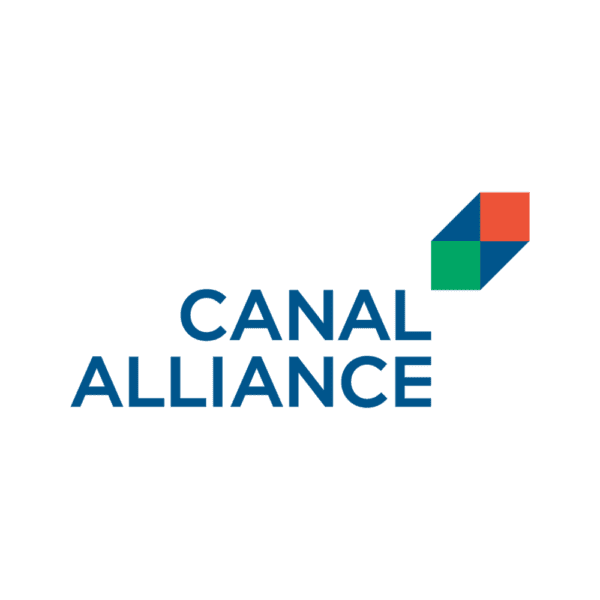Season of Sharing
Community Action Marin can help individuals and families in Marin who are at risk of experiencing homelessness or housing instability, or currently homeless, to apply for assistance through the Chronicle Season of Sharing Fund. The Chronicle Season of Sharing Fund operates year-round and works with those who have exhausted other resources and support from family, friends, and organizations, and are striving to overcome an unexpected emergency, crisis, or event such as:
- Action by landlord or property management
- Loss of income
- Loss or delay of public benefits
- Medical disability or emergency
- Natural disaster (fire, flood, etc.)
- Other housing or economic crisis
The Season of Sharing Fund provides short-term, one-time assistance every five years with:
- Rent, whether it’s first months rent or back rent to prevent eviction
- Mortgage Payments, including current payment or those that are past due
- Security Deposits
The maximum amount of assistance provided is $5,000. Payments are made in the form of a grant directly to the supplier of services, such as the landlord.
When applying for the Season of Sharing Fund, community members are encouraged to consider the most effective time to request funding, and must:
- Have their eligibility status validated by supporting documentation
- Show a W9 from their landlord
- Provide proof that they will have the means to cover their housing and living expenses in the months following receiving assistance
See how the Season of Sharing Fund helped a Marin widower
his apartment —and a sense of dignity.
The goal of the program is to resolve the immediate crisis and help the individual or family regain long-term self sufficiency. See below for eligibility requirements and required documentation and submit a service inquiry form here to get started. You can also email efn@camarin.org with questions.
The Season of Sharing Fund provides one-time financial assistance to individuals and families in Marin who are at risk of experiencing homelessness or housing instability, or currently homeless and who have exhausted other resources and support from family, friends, and organizations, and are striving to overcome an unexpected financial challenge or crisis. Eligible recipients must be in at least one of the priority populations:
- Families with dependent children 18 years of age and under
- Persons who are age 55 and older
- Disabled individuals
- Veterans
- Pregnant individuals in their 2nd or 3rd trimester
- Survivors of intimate partner violence (coming from a shelter: one year since disruption of household; self-referral: six months since disruption of household)
- Emancipated foster youth between 18 and 24
There is also limited funding for individuals between the ages of 18 and 54 who do not fall into any of the above priority populations. All Marin residents can apply until funds are exhausted. Should someone not meet the criteria specified, we recommend downloading our Family Resource Guide in English or Spanish and reaching out to one of our community partners.
You can satisfy the photo id requirement using one (1) of the following:
- Current Driver’s License with photograph (from the U.S. or any of its territories)
- Non-Driver’s Identification Card with photograph (from the U.S. or any of its territories)
- Passport
- Identification from County of Origin with photograph (non-U.S.)
- U.S. Permanent Resident Card
- U.S. Certificate of Naturalization (good for 10 years after date of issue
- Learner Permit with photograph (from the U.S. or any of its territories)
- Work Identification with photograph
You can satisfy the income documentation requirement using one (1) of the following:
- Pay stub(s) (minimum 30 days)
- Unemployment award letter
- W-2
- Bank statement (reflecting salary or reduction in salary)
- Letter from employer (reflecting income level, decrease in income level or layoff);
- Form 1040 as filed with IRS
- Benefits award letter (social security, VA, etc.)
- Self-declaration statement (can be used if self-employed or if other documents cannot be produced)
You can satisfy the proof of tenancy requirement using one (1) of the following:
- First page of current lease
- Notice of past due rent
- Eviction notice
Qualify for Medi-Cal?
Community Action Marin is proud to be a Community Supports provider and is here to help those eligible for Medi-Cal receive one-time assistance with Housing Deposits and Housing Navigation.
Housing Deposits
Get assistance with finding, securing, and funding basic housing. This can include:
- Security deposits and/or first and last month’s rent required to lease an apartment or home
- Set up fees, deposits, and/or first month coverage for utilities such as phone, gas, electricity, heating, and water
- External services, like a one-time cleaning or pest eradication or related supplies, that are necessary for an individual or family’s health and safety
- Household appliances such as an air conditioner or heater, or other medically-necessary health equipment like hospital beds, hoyer lifts, or air filters that are necessary to ensure an individual’s access and safety in the home
Eligibility Requirements
- Those who are experiencing homelessness or are precariously housed
- Experiencing health, disability or behavioral health conditions including Housing First, Harm Reduction, Progressive Engagement, Motivational Interviewing and Trauma-Informed Care
Housing Resources
![]() Adopt-a-Family of Marin: 415.456.7805
Adopt-a-Family of Marin: 415.456.7805
 Canal Alliance: 415.454.2640
Canal Alliance: 415.454.2640
Community Action Marin: 415.223.1478
![]() North Marin Community Services, 415.897.4147, Ext. 0
North Marin Community Services, 415.897.4147, Ext. 0
![]() Ritter Center: 415-457-8182 Ext. 130
Ritter Center: 415-457-8182 Ext. 130
![]() St. Vincent de Paul Society of Marin County: 415-454-0366
St. Vincent de Paul Society of Marin County: 415-454-0366
![]() West Marin Community Services: 415-663-8361
West Marin Community Services: 415-663-8361
You can also download our housing resource list in English, Spanish or Vietnamese now.
![]() Legal Aid of Marin. 415.492.0230
Legal Aid of Marin. 415.492.0230
ERAP Final Report
The Emergency Rental Assistance Program (ERAP) provided over 1,500 Marin County residents, particularly households of low-income, female-headed households, and people of color, with a critical lifeline to prevent eviction and displacement.
From November 2022 through January 30, 2024, the program served 885 Marin households with $6,242,591 in ERAP funding disbursed. Most of the assistance (80%) went to arrears payments, helping Marin households catch up on past-due rent and utilities.
ERAP has had tremendous positive impact on housing stability for individuals and families across Marin County as well as local landlords who play an important role in our county’s affordable housing ecosystem. At the same time, it has also contributed to county-level goals of addressing homelessness, preserving affordable housing, and building a racially equitable community. View the ERAP final report.
Learn more about our efforts to increase housing stability

Need Housing Assistance? If you have questions or wish to access services, call 415.526.7500 or click on the button below.
